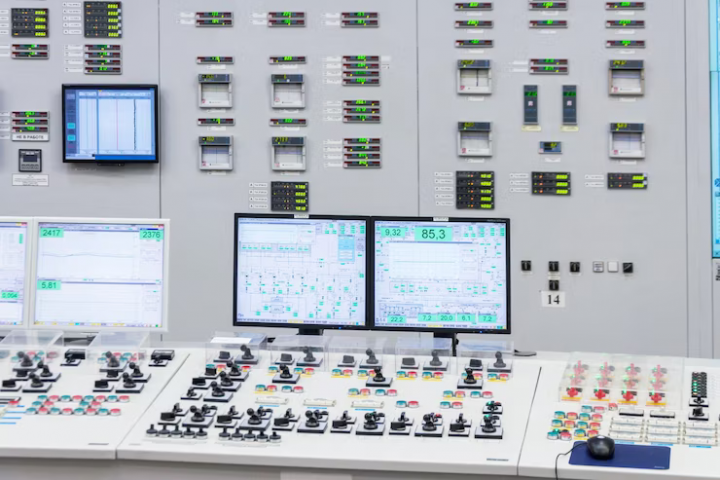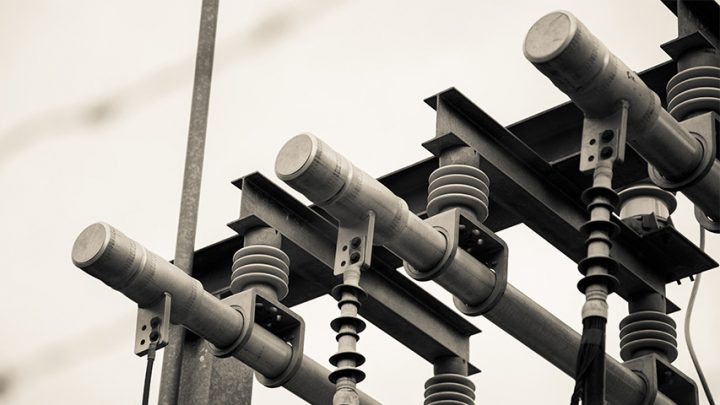When selecting a transmitter manufacturer in India, the decision you make can significantly impact your business operations. Transmitters are crucial components in various industries, including telecommunications, broadcasting, automation, and industrial control systems. The right manufacturer ensures that you get high-quality, reliable products tailored to your specific needs. This guide will walk you through the key factors to consider when choosing the right transmitter manufacturer in India.
1. Understanding Your Specific Needs
Before diving into the search for a transmitter manufacturer, it’s essential to have a clear understanding of your specific requirements. Transmitters come in various types, such as RF (radio frequency) transmitters, pressure transmitters, temperature transmitters, and more. Each type has its own set of specifications and applications.
- Application Area: Identify the industry or application where the transmitter will be used. For example, pressure transmitters are used in oil and gas, water treatment, and chemical industries, while RF transmitters are crucial in telecommunications and broadcasting.
- Specifications: Determine the technical specifications you require, such as accuracy, range, output type, and environmental conditions (temperature, humidity, etc.).
- Compliance: Ensure the transmitter meets the necessary industry standards and regulations, such as ATEX, IECEx, or ISO certifications.
2. Researching Potential Manufacturers
Once you have a clear understanding of your needs, the next step is to research potential transmitter manufacturers in India. Start by gathering a list of manufacturers with a proven track record in producing the type of transmitters you require.
- Online Research: Utilize search engines, industry forums, and online directories to identify potential manufacturers. Websites like IndiaMART, TradeIndia, and Alibaba can be helpful in finding Indian manufacturers.
- Industry References: Seek recommendations from industry peers, colleagues, or business partners who have experience with transmitter manufacturers in India.
- Enggpro: Consider exploring Enggpro, a leading platform that connects you with top-rated transmitter manufacturers and suppliers in India. Enggpro offers a comprehensive list of trusted manufacturers, making it easier to find the right partner for your business needs.
- Trade Shows and Exhibitions: Attend relevant trade shows, exhibitions, and conferences where you can meet manufacturers in person and see their products firsthand.
3. Evaluating Manufacturer Experience and Expertise
Experience and expertise are critical factors when choosing a transmitter manufacturer. A manufacturer with a long history and extensive experience in producing transmitters is likely to have a better understanding of industry standards and customer needs.
- Years in Business: Look for manufacturers with several years or even decades of experience in the industry. Longevity often indicates stability and reliability.
- Technical Expertise: Assess the manufacturer’s technical expertise by reviewing their product portfolio, case studies, and client testimonials. Manufacturers that have worked on complex and demanding projects are likely to have the necessary skills and knowledge.
- Innovation and R&D: Check if the manufacturer invests in research and development (R&D). A company that prioritizes innovation is more likely to offer cutting-edge products that incorporate the latest technology.
4. Assessing Quality Control and Certifications
Quality is non-negotiable when it comes to transmitters. A reliable manufacturer should have stringent quality control processes in place to ensure that every product meets the highest standards.
- Quality Management Systems: Verify if the manufacturer has a certified Quality Management System (QMS), such as ISO 9001. This certification indicates that the company follows standardized processes for quality assurance.
- Product Testing: Inquire about the manufacturer’s testing procedures. Do they conduct rigorous testing for accuracy, reliability, and durability? Ensure that the transmitters are tested under real-world conditions to guarantee performance.
- Certifications: Check if the transmitters are certified by relevant authorities. For example, transmitters used in hazardous environments should have ATEX or IECEx certification.
5. Considering Customization and Flexibility
Every business has unique needs, and sometimes, off-the-shelf transmitters may not fully meet your requirements. A manufacturer that offers customization options can be a valuable partner.
- Customization Capabilities: Ask the manufacturer if they can customize transmitters to match your specific needs, whether it’s modifying the design, adjusting the specifications, or integrating additional features.
- Flexibility: Evaluate the manufacturer’s flexibility in terms of order quantities, lead times, and product variations. A manufacturer that can adapt to your changing needs will be more beneficial in the long run.
See Also Top Cables Manufacturers in India: A Comprehensive Guide
6. Reviewing Customer Support and After-Sales Service
Excellent customer support and after-sales service are vital for a successful partnership with a transmitter manufacturer. The relationship doesn’t end once the product is delivered; ongoing support is crucial for addressing any issues that may arise.
- Technical Support: Ensure the manufacturer provides robust technical support, including troubleshooting assistance, installation guidance, and maintenance advice.
- Warranty and Repairs: Check the warranty offered on the transmitters and the process for handling repairs or replacements. A manufacturer with a comprehensive warranty and quick turnaround on repairs is preferable.
- Training and Documentation: Ask if the manufacturer offers training sessions for your team on how to use and maintain the transmitters. Additionally, ensure they provide detailed documentation, such as user manuals and technical guides.
7. Evaluating Pricing and Cost-Effectiveness
While pricing should not be the sole deciding factor, it is an important consideration. The goal is to find a manufacturer that offers high-quality transmitters at a reasonable price.
- Cost vs. Quality: Avoid the temptation to choose the cheapest option available. Low-cost transmitters may compromise on quality, leading to higher long-term costs due to repairs, replacements, or operational inefficiencies.
- Value for Money: Assess the overall value for money by considering the product quality, customization options, support services, and warranty. A slightly higher upfront cost may be justified by better quality and service.
- Payment Terms: Negotiate payment terms that align with your financial planning. Some manufacturers may offer favorable terms, such as staggered payments or discounts for bulk orders.
8. Checking References and Reviews
Before finalizing your decision, it’s essential to check references and read reviews from other customers. This step can provide insights into the manufacturer’s reputation and reliability.
- Client References: Request references from the manufacturer and contact previous clients to inquire about their experience. Ask about the quality of the products, the level of customer support, and any challenges they faced.
- Online Reviews: Look for online reviews and ratings on platforms like Google, industry forums, and social media. Be cautious of manufacturers with consistently negative reviews or unresolved complaints.
9. Considering the Manufacturer’s Location and Logistics
The manufacturer’s location can impact logistics, shipping times, and overall convenience. While many Indian manufacturers are centrally located, it’s still important to consider the logistics involved.
- Proximity: If possible, choose a manufacturer located closer to your operations to reduce shipping times and costs.
- Supply Chain Management: Assess the manufacturer’s supply chain capabilities. Do they have a reliable network of suppliers for raw materials? Are they capable of handling large orders without delays?
- Shipping and Delivery: Inquire about the manufacturer’s shipping methods and delivery timelines. Ensure they have a track record of timely deliveries and can accommodate urgent orders if necessary.
Conclusion
Choosing the right transmitter manufacturer in India requires careful consideration of several factors, including your specific needs, the manufacturer’s experience, quality control, customization options, customer support, pricing, and logistics. By taking the time to thoroughly evaluate potential manufacturers, you can establish a reliable partnership that ensures you receive high-quality transmitters tailored to your requirements.
For businesses seeking to streamline their search, platforms like Enggpro can be invaluable. Enggpro connects you with top-rated transmitter manufacturers and suppliers in India, making it easier to find the right partner for your business needs.



